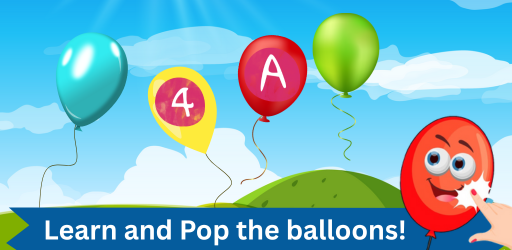Multiple Pathways to Teaching: Diversifying the Journey to Becoming an Educator
The traditional route to becoming an educator has always been through a four- or five-year undergraduate degree in education. That meant only individuals who niched down their university classes to education studies could work as teachers.
The plus side to this exclusivity is that it attracted people who were passionate about education and transforming students’ lives. But the downside was that it locked out anyone who wished to pursue a different career before switching to teaching.
Then, teacher shortages became a real challenge, and states began offering alternative paths for people to become teachers. That was back in the mid-1980s. Today, those interested in becoming educators can choose from several training pathways, as we’ll see below.
What It Takes To Qualify for Alternative Teaching Certification
Discover how Indiana’s teachers of tomorrow are preparing for the evolving educational landscape through innovative training programs. These programs cover these areas, among others:
- Literacy
- Curriculum development
- Differentiation of instruction
- Classroom management
- Behavioral management
- Multicultural awareness
- Use of technology in the classroom.
Alternative teacher preparation programs are numerous and varied. And while you can choose any, they all require applicants to meet these requirements:
- Have a bachelor’s degree in any field
- Pass the screening process to ascertain the applicant’s suitability for the program and mastery of the subject content. This step often means taking tests.
- Pass the expanded criminal history (ECH) check, often involving scrutinizing county record searches and state and national sex offender registries.
- Attain the required field-based experiences, which include teaching in a school environment and working with a trained mentor.
- Complete the training program, which culminates in passing the licensure exams. Usually, candidates take the PRAXIS test, but there may be additional tests one should pass.

Mental Math App for Kids
The mental math games are all about the ability of thinking and solving a problem in your head. It builds that critical thinking in a child’s mind and makes him able to deduce solutions to different problems.
Alternative Pathways to Becoming A Teacher
Teacher preparation programs are regularly updated to match changes in the education sector. So, as teacher candidates go through pedagogical training, they are also taught how to adjust their methodologies:
- To suit the challenges, opportunities, and novelties each teaching environment presents.
- To include new teaching aids, tools, and technologies as and when they become available.
- To accommodate different types of students.
Advanced Degree Pathway
The advanced degree pathway to licensure is available to individuals with, at minimum, a master’s degree in any field. One can only be licensed in the subject area related to their advanced degree.
For example, the only subject a technology-related master’s degree holder can teach is technology. Likewise, someone with a Ph.D. in mathematics will receive a license to teach mathematics.
As part of their teacher preparation training, they must teach in a classroom setting for at least a year. They can do this in middle school, high school, or college. Candidates applying for the license should include an official letter, signed by a school administrator, verifying their instructional experience.
Career Specialist Pathway
Individuals working in fields other than education can become educators in their area of expertise if they pursue a license in that content area. Think of an engineer or nurse who wants to change careers and become a teacher. The career specialist pathway to teaching makes this possible for them.
Interested parties undergo a teacher preparation program as part of their qualification. In addition, the Indiana Department of Education requires them to provide proof of 4000–5000 hours of verified nonteaching work experience accumulated in the last 5 or 7 years. This occupational work experience should be related to the content area for which they request the teaching license.
Alternative Special Education License Pathway
The alternative special education license is available for individuals who wish to become special education teachers but don’t have an academic background in education. To qualify for this license:
- Interested parties must enroll in an alternative teacher preparation program for special education.
- Teachers already licensed to teach other subject areas must enroll for additional training in special education before they can qualify for this license.
- Teacher candidates must be employed as classroom teachers in Indiana as part of their teacher training.
Candidates can also apply for the license if they:
- Have a bachelor’s degree
- Have completed the special education licensure program
- Are employed as a special education teacher in Indiana
- Need more time to pass their licensure tests.
Conclusion
The old requirement that anyone who wanted to become a teacher should get a degree in education meant that only those who knew they wanted to become educators right from the start of their professional training could teach in schools. But that has changed, thanks to alternative teaching certification.
Now, individuals in other professions can switch to teaching if they meet the stipulated state Department of Education regulatory guidelines. Key among these requirements is completing an alternative teacher preparation program, which is open to anyone with a bachelor’s degree. Qualifying candidates need only show they are competent enough to become an educator and pass all the required tests.









